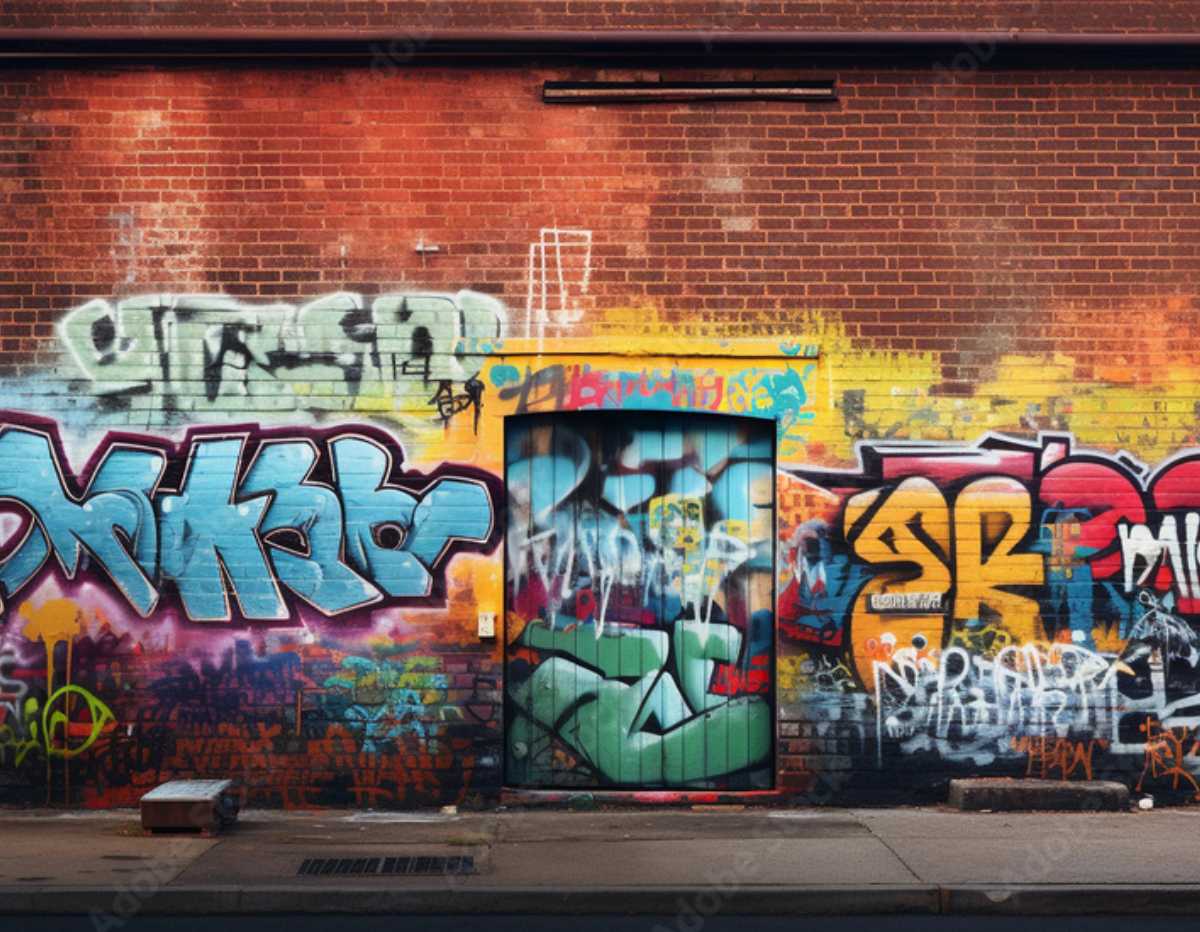
One evening in June of 2022, dozens of EJUSA team members and Newark community leaders gathered at Military Park to celebrate “The Future of Public Safety: Exploring the Power & Possibility of Newark’s Reimagined Public Safety Ecosystem.” This 60-page report highlighted the city’s efforts and achievements in stemming violence, healing Newarkers most impacted by harm, and creating local infrastructures to foster long-term safety. Over the previous two days, EJUSA and our Newark partners held a convening to mark these milestones of progress and set new goals moving forward.
As the sun set and the crowd dwindled, Alia Berry and I stood in a small circle at the far end of the park, and she shared with me her vision for the Village Revival Project (VRP). She lit up as she described her idea for a transformative justice initiative that heals relationships between individuals who have caused violent harm and their surrounding communities through education about systemic and personal drivers of community violence, as well as art-based collaborative dialogue to achieve mutual empathy and collective efficacy.
Up until this point, I knew of Alia’s work as a community-based social worker in the city, and we’d caught glimpses of each other’s Zoom boxes on Newark’s public safety roundtable calls. But like many of our partners, her passion for connecting with people on all sides of violence is distinct and deeply needed in movement work. We began working together within a couple weeks of our meeting. Now, after almost 18 months of regular check-ins, intensive brainstorming and strategy sessions, and creating space for her visioning and re-visioning of this work, the VRP is a registered 501(c)(3), and preparing to launch its first cohort. The journey to this milestone came with incredible lessons for both of us, and made clear to me the unique qualities of EJUSA’s capacity building partnerships in Newark and beyond.
Starting with relationships
For EJUSA, collaborating with capacity building partners to achieve sustainable organizations, well-resourced teams, and safer, healthier communities begins with relationships rooted in trust and transparency. After our meeting in June, Alia and I spent the remainder of the year on bi-weekly calls, learning about what brought us to this work, as well as the strengths and growing edges we were each leaning into.
Some calls are about the nuts and bolts — developing a governing board, bylaws, and securing fiscal sponsorship. Others are about ensuring that partners know they have a safe haven with us to share ideas and process the excitement, fears, and concerns that come with launching and managing an organization.
Identifying our people and putting them first
Throughout our time working on VRP’s model and fundraising strategies, Alia and I often posed the following questions for reflection:
- Who are we accountable to in this work? How can leaders bring additional, trusted voices into the fold to ensure that we center those often erased or harmed in this work and the narratives surrounding it?
- How do we check our own power and privilege as leaders and founders, and how can we create systems rooted in sharing power with those we serve?
- When navigating donor bases that are often distanced from our communities, how do we bridge that gap and build empathy for those that we serve while centering their dignity?
- What does it look like to tell our stories in ways that guide donors to reckon with their role in systems of oppression that have led to these inequities?
Creating systems and tools rooted in imagination
Creating budgets, evaluation methods, and other infrastructures can be anywhere from exhilarating to stressful to triggering based on our personal and communal histories. When working together, Alia and I started by rooting in imagination first: asking questions and creating exercises that aim to make these processes more accessible by encouraging visioning and dreaming about the people and impact of the organization. From there, breaking that vision down into smaller pieces to determine the “how” of making it happen:
- Who would be a best-fit participant for this type of program? What journey do you envision them taking by participating in the program, from start to finish?
- What staff are present to support these participants?
- Where is this taking place, and with what partnerships?
- What resources are needed to make this happen?
- If your program succeeds, where will this participant be three years from now? What will the impact on the community be?
Creating a secure base to foster agency and sustainability
When partnering with grassroots organizations, EJUSA’s capacity building team works with leaders to build solid foundations that nurture their agency and their organization’s sustainability. As new organizations like VRP grow and stabilize, our work with Alia has slowly moved from intensive technical assistance to more flexible capacity building and resource sharing. This adaptability allows leaders like Alia to develop independently and to deepen their unique relationships within their communities, with EJUSA providing a soft landing when deeper levels of support are needed.
To learn more about Alia and the Village Revival Project’s work at their website and on social media.



